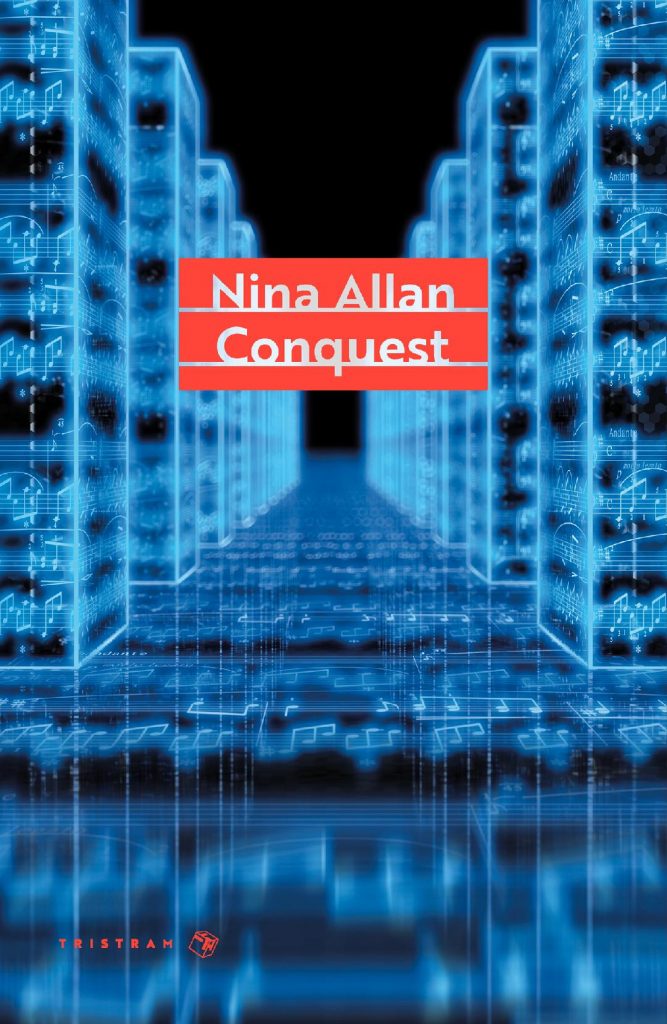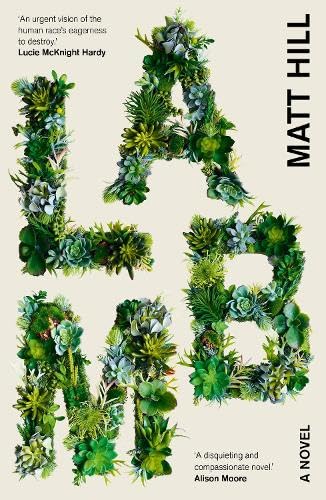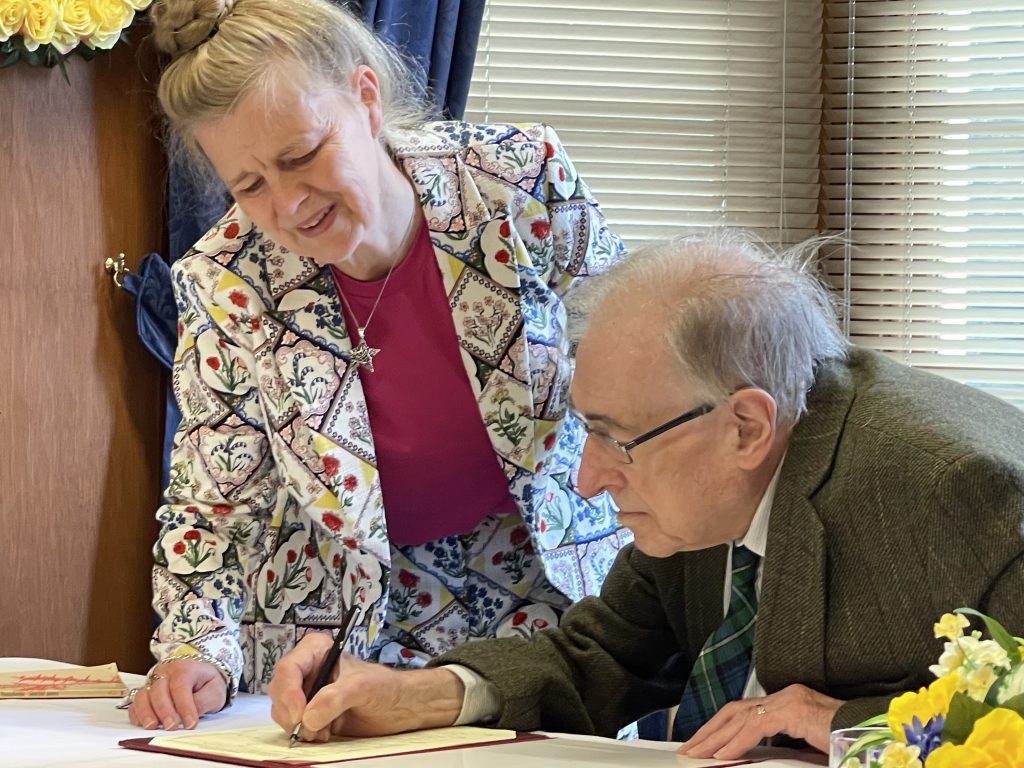As I watched a recent Booktube video in which Eric Karl Anderson aka Lonesome Reader celebrates a decade of book blogging by naming his ten favourite books from the past ten years, I found I couldn’t resist the temptation of following in his footsteps . Of course, it is inevitable that the choices I make right now will be governed by what I am drawn to right now, rather than what might have seemed more important to me back then. But that makes things, if anything, even more interesting. It has been a little over a decade since I first started keeping detailed records of the books I read – and what I think of them. Every year at around this time I open a new Word document where I can make a note of upcoming releases as and when I hear about them, a document that will eventually become my tally of books considered and discussed and read in the year to come. These lists act as a reminder not only of those books I do actually end up reading, but also of those that catch my interest, however fleetingly, books that I might return to in subsequent years. Each of these documents as I look at them now powerfully brings back the literary flavour and texture of the year in question. As a record of the changing literary landscape, of how my interests as a reader and writer have evolved in new directions, I find them fascinating.
2013 – the year Eleanor Catton won the Booker for her superbly achieved megatext The Luminaries. But my pick of the year – then and now – is Richard House’s The Kills, which made the Booker longlist but should have gone further. It remains as strong in my mind in 2023 as during the month I spent reading it a decade ago.
2014 – a weirdly awful reading year, in which much of what I read seems in retrospect to be of zero consequence. Among the few titles from 2014 that still resonate, Joyce Carol Oates’s The Accursed is the one I still think about with love and awe.
2015 – another depressingly inconsequential reading year in which I was clearly struggling to find direction. Sarah Hall’s The Wolf Border, with its piercingly beautiful landscape writing and impassioned defence of personal freedom remains a favourite. The fact that I can still remember where I was when I was reading it – on the train to and from Cornwall sometime in late summer- stands testament to that fact.
2016 – a fascinating reading year, in which my current interests are clearly beginning to solidify. A toss-up between Thomas Bernhard’s The Loser and Martin MacInnes’s Infinite Ground.
2017 – the year of the Sharke, and many fond recollections. Memories too of reading Paul McAuley’s Fairyland while on the Paris Metro. No contest though for book of the year, which is Katie Kitamura’s A Separation, a touchstone work and one I am planning to reread very soon. Kitamura’s expert manipulation of the mystery template continues to be inspirational.
2018 – reading through this year’s list brings back powerful memories of what was clearly a breakthrough year for me in terms of thinking about my own writing. With a dozen titles at least in contention, I am going to plump for This House of Grief by Helen Garner, if only because I very recently read her novel The Spare Room, which reminded me so powerfully of how much I love and admire her, and how much territory she has conquered for women who write.
2019 – on trains a lot, doing stuff for The Dollmaker. Also the Dublin Worldcon, reading all of Ben Lerner and discovering the genius of Mary Gaitskill. Top pick though goes to The Porpoise by Mark Haddon, which is a glorious and wonderful feat of experimental storytelling and didn’t get anywhere near enough attention.
2020 – as with 2018 I find it almost impossible to single out one book as emblematic of what was a stellar reading year, with so much achieved in terms of thinking and writing. It would be wrong of me not to mention my beloved Katherine Carlyle by Rupert Thomson, Born Yesterday by Gordon Burn and Strange Hotel by Eimear McBride, which closed out the year on a wave of pure joy and inspiration. But if I have to make a choice I’m going to declare the book of 2020 to be a dead heat between Under the Volcano by Malcolm Lowry and The Spire by William Golding. Both are, of course, masterpieces.
2021 – to be remembered for a journey from Liverpool to Glasgow that kept me trapped on the train – several trains, in fact – for long enough to read the entire second half of David Peace’s Red Riding Quartet, mostly while crammed into a luggage rack between York and Edinburgh. But the top spot would still have to go to Beyond Belief by Emlyn Williams, a peerless reconstruction of the social, political and cultural landscape of the Moors Murders that should be cited in every true crime aficionado’s top twenty.
2022 – bit of a weird reading year – bit of a weird year full stop, illuminated by points of particular brightness, including Heather Clark’s magnificent landmark biography of Sylvia Plath, Red Comet, and especially Optic Nerve, by Maria Gainza, which rescued me at a moment of particular darkness.
I have today opened and named my document ‘Books 2024’.


